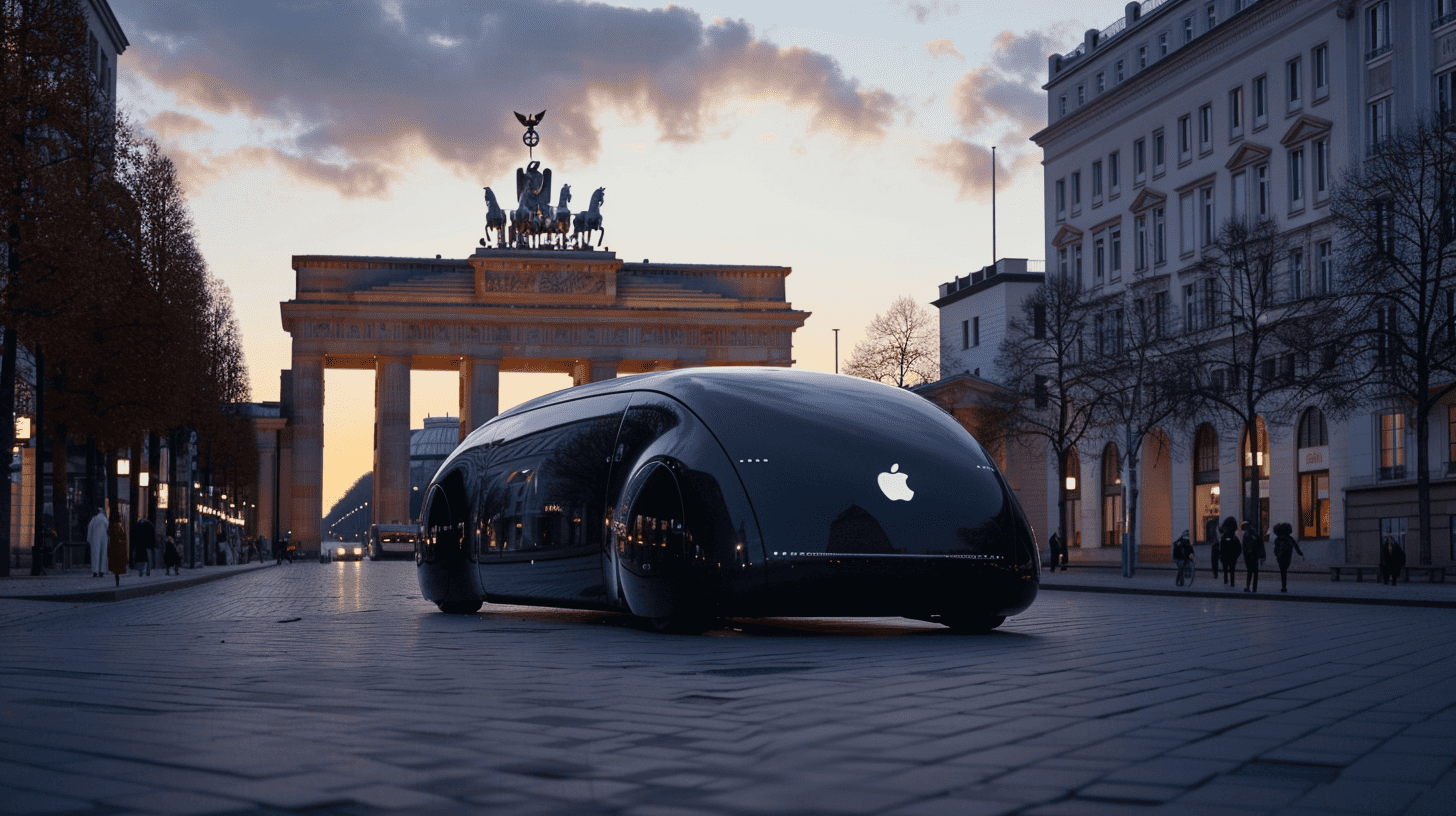
I actually wanted to write my column on Apple this week. But then a high-voltage pylon went up in flames and the Tesla factory in Grünheide came to a standstill.
What could be more obvious than writing a bitterly angry commentary on the current radicalizing eco-movement in Germany? A movement that has, in part, crossed the line between activism and terrorism with this attack?
Renowned industry insider Prof. Dr. Stefan Bratzel from the Center of Automotive Management (CAM) commented that these scenarios would slowly but surely ensure that companies would avoid Germany in the future – regarding investments or new industrial settlements.
Elon Musk briefly described the “eco-warriors” as “stupid”. He has probably regretted his decision in favor of Germany more than once.
The Grünheide files have been and will presumably be widely discussed in the German press. Probably without much impact, like so many discussions about radical left-wing criminals. They are somehow among the “good guys” in Germany. It is, therefore, pointless to comment on this.
Which brings us back to Apple
Apple’s withdrawal from car development is far more piquant. After all, the computer giant invested almost 10 billion US dollars in 10 years before finally pulling the plug. Why?
It’s certainly not the money
No, it’s not about the money. In any case, 10 billion US dollars in 10 years is almost like “petty cash” for a company like Apple. Cupertino has more than 200 billion US dollars in reserves in the bank.
It’s more about changing the signs
For one thing, progress in autonomous driving is far too slow. Even if Tesla is causing a stir with ever new “FSD beta versions” and sometimes delivering impressive results, the solution seems to be 5-7 years away across the industry.
Then, there is the energy density of the batteries. Solid-state technology is faltering, and is likely to become extremely expensive. Charging speeds have been extremely accelerated, but only for the newest and most expensive members of the genre.
Not to mention the current weakness of electromobility in many markets. Norway is showing how finite the market is. In China, a merciless price war is raging that will lead to the demise of many start-ups. And Germany’s end to its subsidy policy has meant that February 2024 was only marginally better than February 2022 and significantly worse than 2023.
In the USA, sales growth has slowed down so much that Chinese companies have turned away for the time being – partly due to import duties.
And right in the middle of it all was Apple, a complete newcomer with neither a car nor finished software.
The plug was pulled
It came as no surprise that the “Titan” project has now come to an abrupt end. The returns promised by the car industry are in any case far below those that Cupertino is used to. An AppleCar would inflate sales, but would probably have a disastrous effect on profits.
And then there is the emergence of generative AI …
Even more disastrous, however, is Apple’s performance to date in artificial intelligence. Here, the company seems to have largely fallen behind and lost touch with the avant-garde.
Apple almost lost touch once before, when the Internet emerged and grew in relevance at lightning speed. The first iMac saved the company and initiated its rise to the top league of global stock exchange companies.
Will Apple get its act together again?
That is the question. Rumor has it that Apple is working on revolutionary AI technologies that will be unveiled at WWDC 2024 (Apple’s annual developer conference).
The demise of the AppleCar has impressively documented one thing: even vast amounts of capital cannot prevent certain conditions that Apple has been waiting for in vain from being met. This is bad news for start-ups whose funding is only in the two to three-digit million range.
Let’s remember Apple’s entry into the smartphone world and, more recently, into cyberspace. Apple was never avant-garde – but it always knew how to monetize new technologies at the right time through clever engineering.
For this reason alone, we can look forward to Cupertino’s AI solutions.


